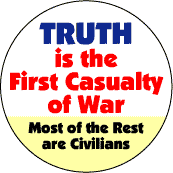Just say no eh?Originally posted by balamm
I gave up on trying to reform chronic alcoholics with their never ending excuses and twisted logic.
As I now give up on you and your addiction.
Just keep it away from my kids and we won't have any problems.


The fact that you can compare alcoholicism (physical addiction) with heavy cannabis usage (psychological addiction) just highlights the fact that you probably know very little about either of them.
Let me help you out. After 10 years of sometimes extremely heavy cannabis use which involved a fair bit of psychological addiction I am now sitting here typing this having not had a joint for about 2 weeks. No shivers, tremors nausea, cravings etc
I am feeling pretty good
If I was offered some I may have a hard time resisting the temptation but I am not actively seeking it out or feeling bad because of the lack of it.
Compare that to a real alcoholic in a similar position and I dont think he'd be telling you the same thing.
I personally found your last post offensive to both alcoholics and cannabis smokers alike. You denigrate the formers struggle and demean the latters choice of drug with your ridiculous comparison.
Why dont you keep away from this subject until your opinions match current scientific knowledge and we'll be OK. In the meantime I will watch out for any of my friends having a heart rate of 3 million bpm due to having a toke off a joint.









 Reply With Quote
Reply With Quote









Bookmarks